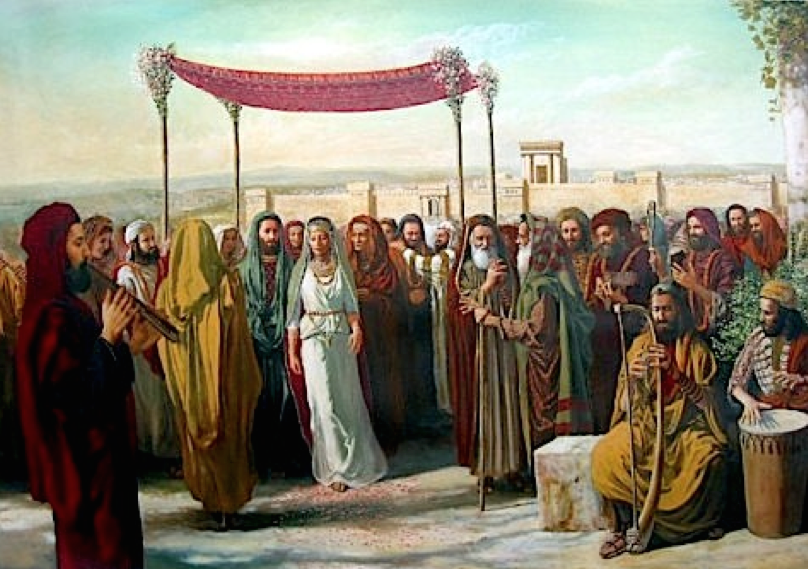
A–“Where I am going (Gr. hypago), you cannot come.” v. 33b
B– “A new commandment I give to you, that you love one another (Gr. agapate allelous), even as I have loved you, that you also love one another (Gr. agapate allelous).” v. 34
B– “By this all men will know that you are My disciples, if you have love for one another (Gr. agapen echete en allelois).” v. 35
A– “Jesus answered, ‘Where I go (Gr. hypago), you cannot follow Me now; but you will follow later.’” v. 36b
Explaining the Chiasm
In June of 2017, my family and I attended a funeral in Los Angeles. The pastor delivering the eulogy portion of the service referenced John 14:2 which reads: “In My Father’s house are many dwelling places; if it were not so, I would have told you; for I go to prepare a place for you.” At the gravesite, a second pastor repeated this verse. And it was written into the program for this unfortunate occasion.
The use of that particular verse certainly seems fitting. People attending a funeral, even those who are not followers of Jesus, take comfort in hearing what they understand to be the dwelling place of the dearly departed after death. Yet, when I heard this verse, over and over, I thought less of death and more about a wedding. . .in this case, an ancient Jewish wedding.
Continue reading The Marriage Motif in John 13 and 14, Part 1
